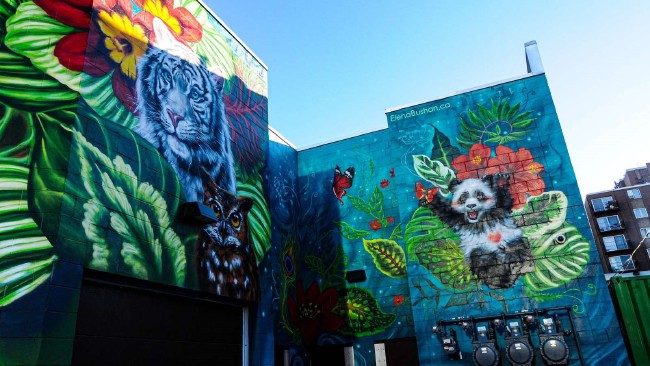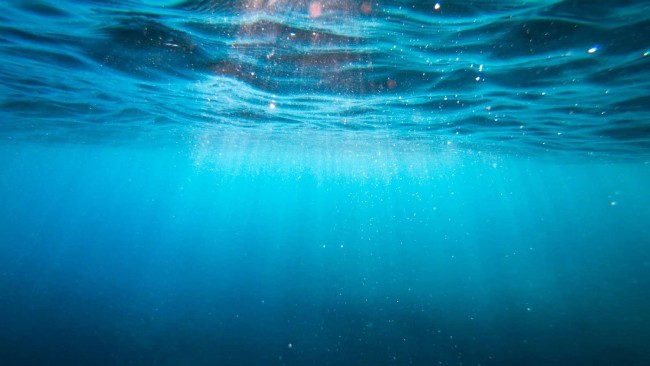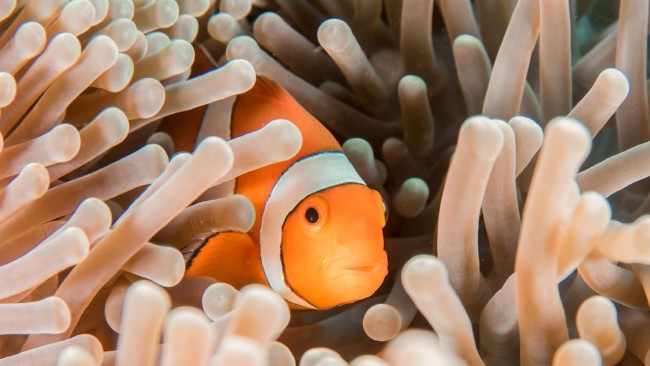
🎮 Removing Sticky Labels on Veggies and Cleaning the Ocean for Fun
Hola 👋 Did you know? Greenland recently announced a halt on new oil and gas exploration, stating that “the future belongs to renewable energy.”
🍠 The Technology That Removes Sticky Labels
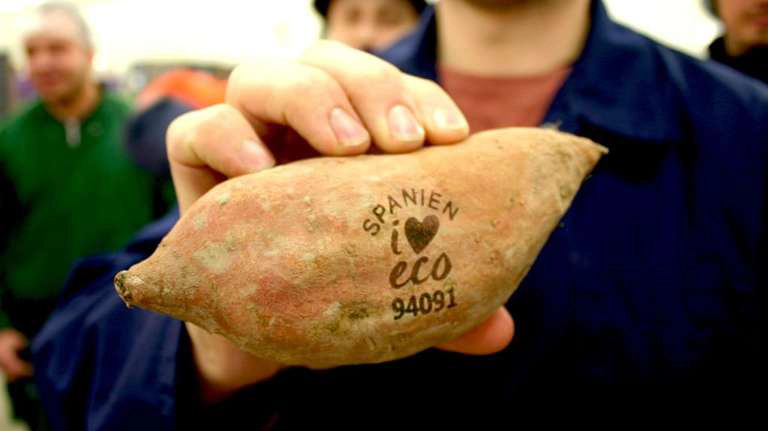
Dutch fruit and vegetable supplier Nature & More and Swedish supermarket ICA partnered to replace sticky labels on organic products with a laser mark.
The technique, developed by the Spanish company Laser Food, uses a strong light to remove pigment from the skin of produce. The mark is invisible once the skin is removed and doesn’t affect shelf life or eating quality. The cost of a laser machine is considerable, but this technique is significantly more cost-effective than stickers after this initial investment.
For now, ICA is only targeting organic products because environmental awareness heavily drives organic sales. However, the stakeholders hope to expand it to other products to scale this innovation’s environmental impact.
Why does it matter? By using this laser technique on organic avocados only, ICA will save 200km of 30cm-wide plastic each year! Moreover, it generates less than 1% of the carbon emissions needed to produce stickers.
Given the million stickers used worldwide every day, this innovative technology could reduce the usage of paper, ink and glue while cutting greenhouse gas emissions significantly.
🎮 The Video Game That Cleans the Oceans
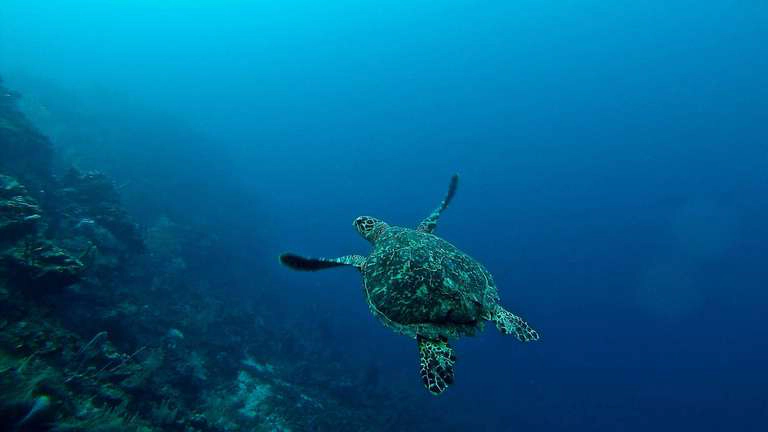
Ender Ocean is the first online game dedicated to cleaning up the oceans. This French company features an innovative satellite-based photo analysis technology that detects ocean areas where waste has accumulated and remotely operated robots that pick up the waste underwater. These robots are operated by… online players!
By subscribing to the website, you get access to training sessions to familiarize yourself with the robot in swimming pools. You are then ready to participate in real-life operations, and Ender Ocean regularly opens slots in identified areas needing some cleaning to showcase your piloting skills.
Being an online game in 2021, these cleaning sessions are, of course, live-streamed on Twitch, and players can compare scores with each other. The cherry on the cake is that the company shares all the pictures and collected information as open data to increase our common knowledge of the oceans 🤩
Why does it matter? The world produces 10 tonnes of plastic each second. Since 1950, 9 billion tonnes of plastic have accumulated in the ocean, creating a 1.6 million square kilometres drifting “continent.” This plastic would take more than 1,000 years to decompose, notably affecting biodiversity, contaminating our seafood and depleting our natural resources.
Ender Ocean found an innovative way to collect and recycle plastic that is fun, competitive and extremely current. Hats off to them!
🎯 The Pick
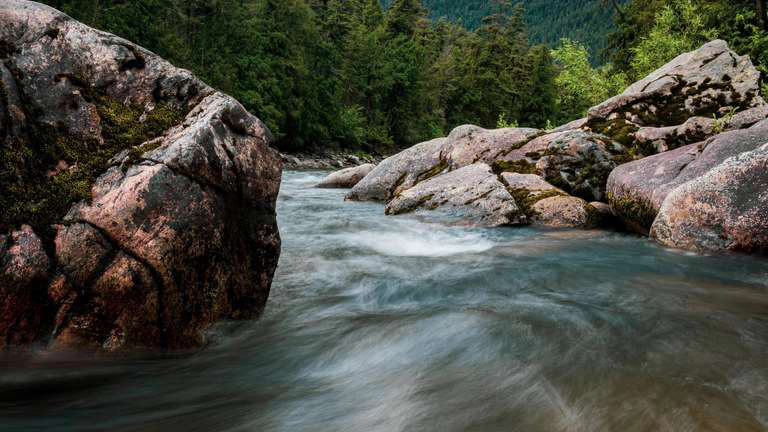
Arnaud Lyet, Conservation Scientist at WWF, studies scarce and elusive wildlife species without actually seeing them thanks to environmental DNA (eDNA), an innovative technology that could revolutionize wildlife monitoring. The idea is to collect water from waterways and extract organic material containing the DNA from animals nearby.
Arnaud led a team that demonstrated that eDNA analysis of stream water could reveal terrestrial mammals’ diversity in a large landscape as effectively as camera trapping – for a fraction of the cost!
Furthermore, this technique can empower local communities and organizations to take control of biodiversity monitoring since it does not require specialized skills.
Why does it matter? Traditionally, scientists have monitored mammal species by catching and tagging animals or placing camera traps throughout their habitat. However, these techniques are time-consuming, expensive and uncertain. Indeed, species of interest, such as small mammals, do not necessarily trigger cameras, and it can be challenging to identify them in the pictures. Finding ways to improve wildlife monitoring accuracy is vital since conservation efforts are based on knowing which animals are present and where they live.
Overall, eDNA can help us better understand biodiversity and thus make better decisions to preserve it.
🌍 Meanwhile, Worldwide…
🚧 The French startup Néolithe transforms non-recyclable waste into construction aggregate. It hopes to make a dent in the 400 million tonnes of underground resources extracted each year for the country’s construction needs. This cost-competitive process also reduces the greenhouse gas emissions associated with waste management by 80%.
🌱 In Kenya, Flexi Biogas found an innovative way to address the proliferation of water hyacinth, a South American invasive plant in Lake Victoria, hurting the country’s freshwater fishery, economy and people’s health. The company has been providing economically challenged people with free biodigesters and biofuel stoves that run on water hyacinth – preventing them from purchasing and using fossil fuels.
👜 Ictyos is reviving the ancient art of salmon skin tanning by using otherwise discarded salmon skin to create luxury leather for wallets and watch straps. The firm is now part of the high-end LVMH startup incubator in Paris. Fish scales look similar to crocodile skin, except this leather is made from waste 😎
🚛 Tasmania, Australia, aims to reduce both plastic waste and carbon emissions for the region by creating roads out of recycled plastic waste. The resulting asphalt is flexible and can withstand heavy vehicle traffic. Being more durable, it is expected to last 15% longer and is designed to prevent microplastic pollution.
🐘 The German circus Roncalli has become the first circus in the world to use full-size holograms instead of wild animals to entertain the audience. The circus started phasing out live animals in the 90s and has now taken steps to remove them altogether to prevent animal abuse.
😍 Wholesomeness
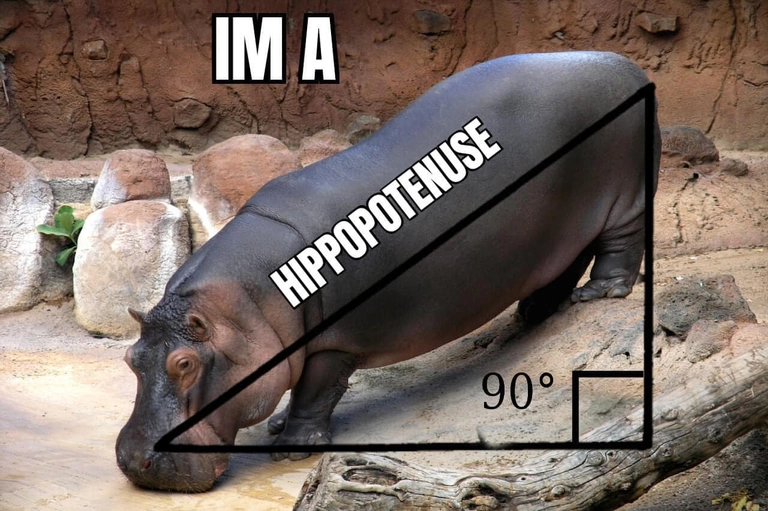
Related Posts
🎨 Cleaning the Air With Graffiti and Generating Power From Cocoa Waste
Bonjour 👋 Did you know? A quarter of UK’s homes sit above abandoned coal mines, flooded with warm water. This water could be pumped to generate zero-carbon heating for homes and warehouses.
🐞 Gardening Underwater and Replacing Pesticides With Laser Beams
Bem-vindo 👋 Did you know? The elephant population in Tanzania rose from 43,000 in 2014 to 60,000 in 2019. Since 2015, the country has cut poaching by 5, thanks to a “zero poaching” strategy that led to the prosecution of many ringleaders 🐘🎉
Re-Branding Misshapen Produce and Planting a Million Corals
Did you know? New Zealand will ban most single-use plastic by 2025. Aotearoa had already banned most single-use plastic bags in 2019, but this new ban includes a wider range of items such as earbuds, spoons and straws.
